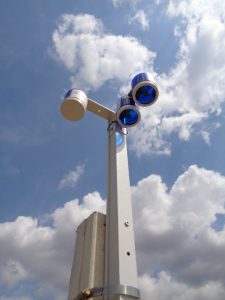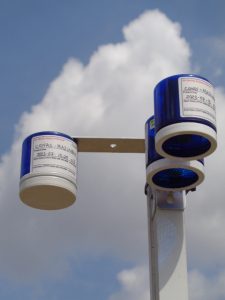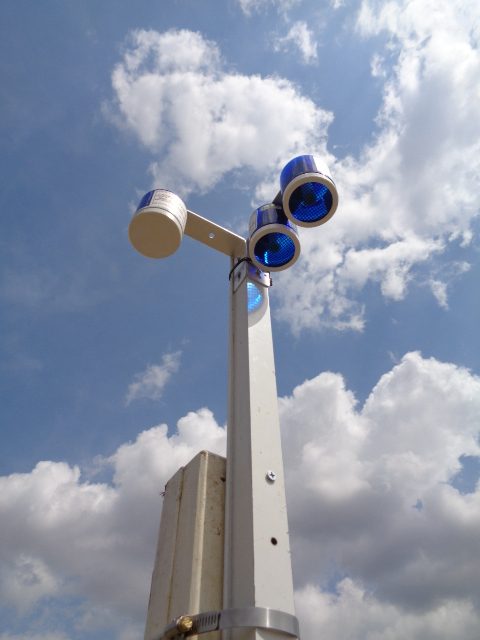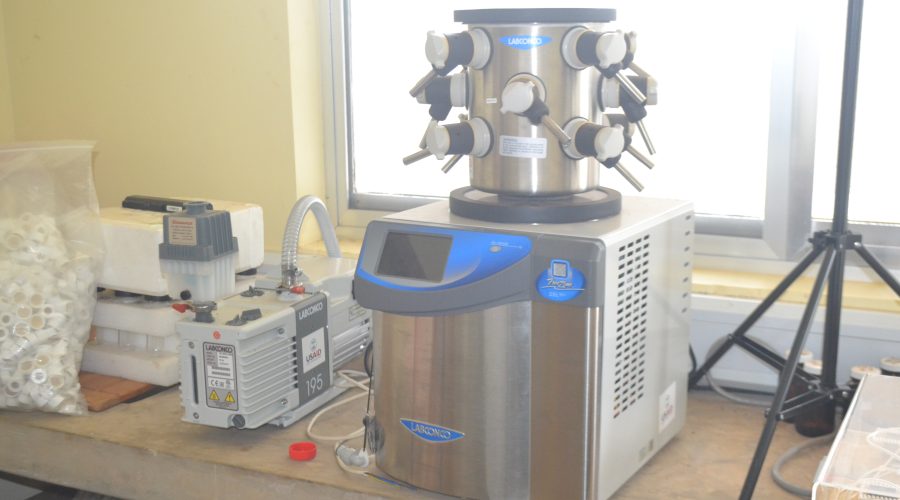The Global Observation System for Mercury (GOS4M) (www.gos4m.org) is a Flagship initiative of the Group on Earth Observations (GEO – www.earthobservations.org) and is part of the 2020-2022 GEO Work Programme. GOS4M has a strong foundation built on the outcomes of the former GEO Task on Health Surveillance [HE-02 “Tracking Pollutants”] established as a part of the GEO Work Plan (2009-2015).
Today, Thursday 2023, July 13 at 13:29 pm GOS4M has officially launched a tracking device (Passive Air Sampler) to detect atmospheric Mercury (Hg) contamination in atmospheric air by Passive Air Sampler method.
In africa, the program is launched and hosted by four nations including South Africa, Ghana, Namibia and Tanzania. Where as in Tanzania the program is running at the college of Natural and Applied sciences (CoNAS) at the Meteorological station premises in the Sokoine University of agriculture (SUA)-at Mazimbu campus.
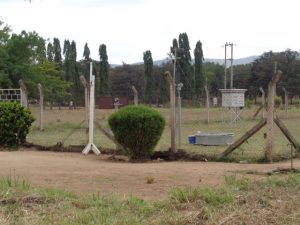
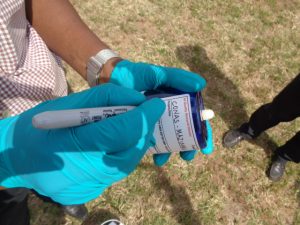
This Program aims at several objectives which includes:-
- To increase the availability and quality of Earth Observation data acquired by in-situ, off-shore and satellite sensors that contribute to improve our capability to track mercury releases, establish source-receptor relationships, assess their fate and impact with changing emission regimes and climate;
- To harmonize the metadata description, archiving and data sharing methodologies used by existing mercury monitoring networks and programs;
- To contribute to the development of downstream services designed to perform cost-benefit analysis of different strategies aiming to reduce the level of mercury in environmental media and human exposure.
- To develop advanced web services aiming to facilitate the access and use of state-of-the-art scientific information and data by policy makers and stakeholders.
- To promote a close cooperation between existing mercury monitoring networks and programs in order to facilitate the access to available data and knowledge on mercury levels in different environmental matrixes by the scientific community, policy makers and stakeholders;
- To contribute to improve the global coverage of currently available mercury monitoring data, including mercury stable isotope signatures, by promoting the establishment of new monitoring sites in areas that do not have monitoring capabilities and facilities. The use of Passive Air Samplers (PASs) is considered a cost-effective method for achieving this goal;
- To promote mercury stable isotope signatures as essential variables of the GOS4M monitoring efforts on air, biota, water and humans. Mercury isotopes can help evaluate the MC effectiveness, by providing information on for example, mercury emission sources to air, on mercury deposition sources to terrestrial and marine ecosystems, and on mercury exposure sources to humans. Mercury isotopes are also valuable in monitoring the effectiveness of source regulation, especially near mercury hotspots;
- To promote intercomparisons and validation of existing modelling frameworks and tools used to assess the fate of mercury in and between atmospheric and terrestrial compartments.
